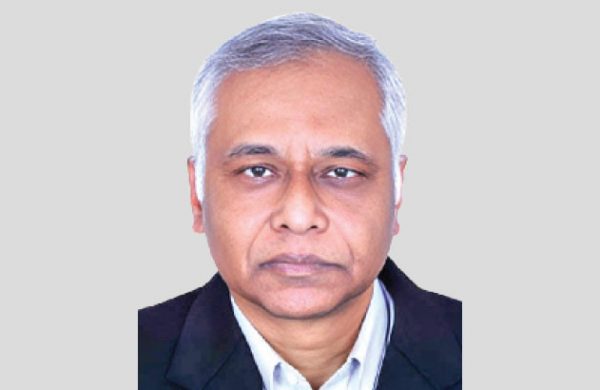Protecting Non-smokers: Time to Ban Designated Smoking Areas
- Update Time : Wednesday, December 25, 2024

—Prof. Dr. Sohel Reza Choudhury—
Bangladesh faces a major health crisis from widespread tobacco use. Around 35% of adults use tobacco, according to the Global Adult Tobacco Survey. Even worse, non-smokers are constantly exposed to harmful passive smoking in public places and on public transports. In 2020 alone, 161,000 people in Bangladesh died prematurely from tobacco-related diseases, according to the Tobacco Atlas. These concerning statistics make it clear; we must ban designated smoking areas (DSAs) in public places to protect everyone’s health.
This demand isn’t something new. Even before smoking restrictions, second-hand smoke exposure in different places including airplanes was a major health risk. In the 1980s, flight attendants began raising concerns about how constant exposure to tobacco smoke caused serious health problems like respiratory issues, heart disease, and cancer. Later, a movement calling for a ban on smoking on airplanes was launched by groups like the Association of Flight Attendants (AFA). The United States then banned smoking on domestic flights of two hours or less in 1988. Domestic flights lasting less than six hours were later banned in 1990. Subsequently, all global airlines banned smoking on flights since the early 2000s. This success inspired similar efforts worldwide to create smoke-free public spaces.
Sections 4 and 7 of our country’s ‘Smoking and Tobacco Products (Control) Act 2005 (Amended 2013)’ allow for designated smoking areas in public places, restaurants and workplaces. This is a legal gap that has compromised nonsmokers’ safety. Just imagine this scenario — a child in a restaurant is unwittingly inhaling the toxic fumes of a nearby smoker, which will expedite premature development of respiratory diseases and heart problems. For many of us, this is the painful reality. To fully protect public health, the law must be updated with an intent to eliminate DSAs, following the guidelines of the WHO Framework Convention on Tobacco Control (FCTC).
The financial burden caused by increasing tobacco use is another critical issue. A study by the Bangladesh Cancer Society in 2018 found that tobacco-related illnesses and deaths cost the economy Tk 30,560 crore annually, equivalent to 1.4% of the GDP. In the 2017–18 fiscal year, secondhand smoke alone resulted in economic losses equivalent to Tk 4,100 crore. Therefore, it is possible to reduce this economic loss by banning designated smoking areas (DSA) and amending the existing tobacco control law taking into account the FCTC guidelines. If DSA is banned, smokers will not have the opportunity to smoke in public places. And if smoking opportunities decrease, overall tobacco use will also decrease, which will reduce the pressure on healthcare.
Moreover, the indirect benefits of smoking-free public places — such as reduced cleaning and maintenance costs – will add to the financial gains. Comprehensive smoking bans will result in significant declines in tobacco-related health expenditures. For Bangladesh, adopting such measures aligns with the World Health Organisation’s Framework Convention on Tobacco Control (FCTC), fulfilling international commitments while safeguarding the nation’s economic stability. The government can prioritise public health, reduce economic losses, and set a powerful example for sustainable development by banning the DSAs.
It’s also alarming to see how tobacco companies are advocating for the DSAs. A 2022 study by Voice revealed that tobacco companies pay upscale restaurants in Dhaka between Tk 120,000 and Tk 600,000 to set up designated areas, along with promotional materials. Research from Johns Hopkins University confirmed that these DSAs fail to protect non-smokers, including children and women, from second-hand smoke exposure. Many countries have already recognised this issue. Around 69 countries, including Nepal, Thailand, and Pakistan, have banned smoking in enclosed public spaces, and 42 countries have extended the ban to airports.
When it comes to public health concerns, Bangladesh has always been at the forefront. By eliminating the DSAs and amending our tobacco control laws, we can protect millions of lives and save billions on healthcare costs. Let us follow the examples set by Nepal, Thailand, and other nations, and take this bold step. It’s time for Bangladesh to take proper and timely steps to ensure wellbeing of the citizens. Our policymakers should act precisely and do the needful to protect future generations from tobacco and secondhand exposure. Bangladesh can play an effective role in protecting non-smokers by completely banning smoking in the public places. For this, it is necessary to amend the existing tobacco control law.
____________________________________
The writer is Professor & Head, Department of Epidemiology & Research, National Heart Foundation Hospital and Research Institute


















